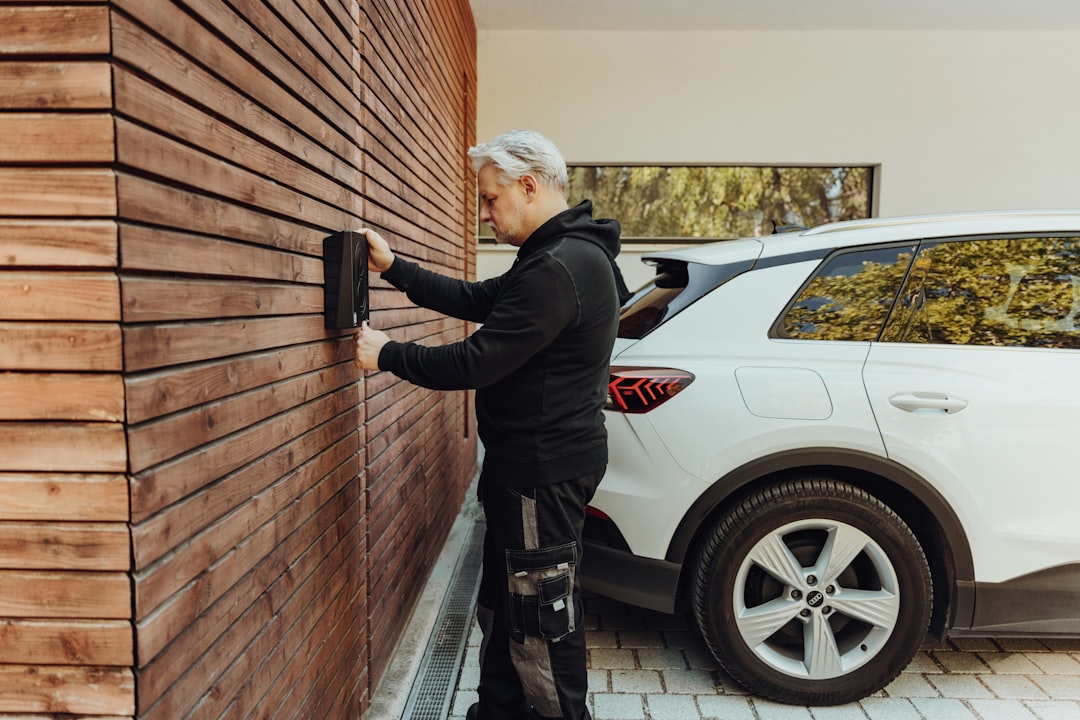In recent years, Brazil has emerged as a surprising leader in the adoption of electric vehicles (EVs) among emerging markets. With a burgeoning middle class and a growing emphasis on sustainability, the South American giant is poised to redefine its transportation landscape. According to a report from Bloomberg Green, Brazil is projected to see a 10% annual increase in EV sales by 2030, outpacing many of its regional counterparts. This article explores how Brazil is spearheading the EV revolution in emerging markets, highlighting key initiatives, challenges, and future prospects.
Brazil’s EV Revolution: A New Dawn in Sustainable Mobility
Government Initiatives and Policies Fueling Growth
Brazil’s path to becoming a leader in EV adoption is paved with proactive government policies and initiatives. The Brazilian government has introduced several incentives to boost the electric vehicle market, such as tax reductions for EV manufacturers and buyers. In 2021, the government launched the “Rota 2030” program, aiming to promote energy efficiency and innovation within the automotive sector.
- Tax Incentives: Reduced import duties on EVs from 35% to 0% for models below a certain price range.
- Subsidies: Financial support for manufacturers investing in local EV production.
- Infrastructure Development: Investment in charging networks, with plans to install over 30,000 charging stations by 2025.
These initiatives align with global trends, as seen in countries like Norway and China, where similar policies have significantly boosted EV sales.
The Role of Local and International Automakers
Brazil’s EV market is a melting pot of local innovation and international collaboration. Leading global automakers like Nissan, Volkswagen, and BYD have established a strong presence in Brazil, fostering a competitive environment that accelerates technological advancements.
- Nissan Leaf: One of the first fully electric models launched in Brazil, gaining popularity due to its affordability and reliability.
- Volkswagen ID.4: A favorite among Brazilian consumers for its range and performance.
- BYD: The Chinese automaker has invested heavily in local production, with plans to roll out a range of EV models tailored to Brazilian needs.
Domestic companies are also stepping up, with startups like MovE and Elektra Motors innovating in areas like battery technology and vehicle design. This synergy between global and local players is crucial for sustaining momentum in Brazil’s EV market.
Overcoming Challenges: Infrastructure and Consumer Perception
While Brazil has made significant strides in EV adoption, challenges remain. Infrastructure development is a critical hurdle, with the need for a robust network of charging stations being paramount. The government’s commitment to installing 30,000 charging stations is a positive step forward, but more private sector involvement is needed to meet the growing demand.
Consumer perception also plays a vital role. Many Brazilians still harbor misconceptions about the cost and reliability of electric vehicles. Education campaigns highlighting the long-term savings and environmental benefits of EVs are essential to shift public opinion.
Practical Tips for Potential EV Buyers in Brazil
For those considering purchasing an electric vehicle in Brazil, here’s a practical guide to help navigate the market:
- Research Incentives: Take advantage of tax breaks and subsidies offered by the government.
- Evaluate Charging Options: Consider home charging solutions and the proximity of public charging stations.
- Compare Models: Assess factors like range, battery life, and price. Popular models include the Nissan Leaf and Volkswagen ID.4.
- Test Drive: Experience the vehicle firsthand to understand its performance and features.
With these tips, potential buyers can make informed decisions and contribute to Brazil’s sustainable transportation future.
The Road Ahead: Brazil’s Vision for a Greener Future
As Brazil continues to embrace electric vehicles, the nation is setting a precedent for other emerging markets. The combination of government support, international partnerships, and local innovation positions Brazil as a beacon of sustainable mobility in South America and beyond.
Looking ahead, Brazil’s focus on renewable energy sources, such as biofuels and hydropower, complements its EV ambitions, creating a holistic approach to reducing carbon emissions. The integration of smart grid technologies and autonomous vehicles is also on the horizon, promising a future where transportation is not only sustainable but also efficient and intelligent.
Conclusion: Brazil’s Journey to Sustainable Transportation
In conclusion, Brazil’s leadership in emerging market EV adoption is a testament to its commitment to sustainability and innovation. By leveraging government policies, fostering international collaborations, and overcoming infrastructure challenges, Brazil is setting the stage for a greener and more efficient transportation system.
As we look to the future, Brazil’s experience offers valuable lessons for other emerging markets seeking to adopt electric vehicles. The country’s journey is a powerful reminder of the transformative potential of sustainable mobility, urging us all to envision a cleaner, greener world.
Call to Action: Are you considering an electric vehicle in Brazil? Share your thoughts and experiences in the comments below. Join the conversation on how we can collectively drive the change towards a sustainable future.
Brazil’s journey in EV adoption is more than just a trend; it’s a movement toward a sustainable, energy-efficient future that other nations can learn from and emulate. As we keep our eyes on Brazil, we anticipate exciting developments that could reshape the global landscape of electric mobility.

